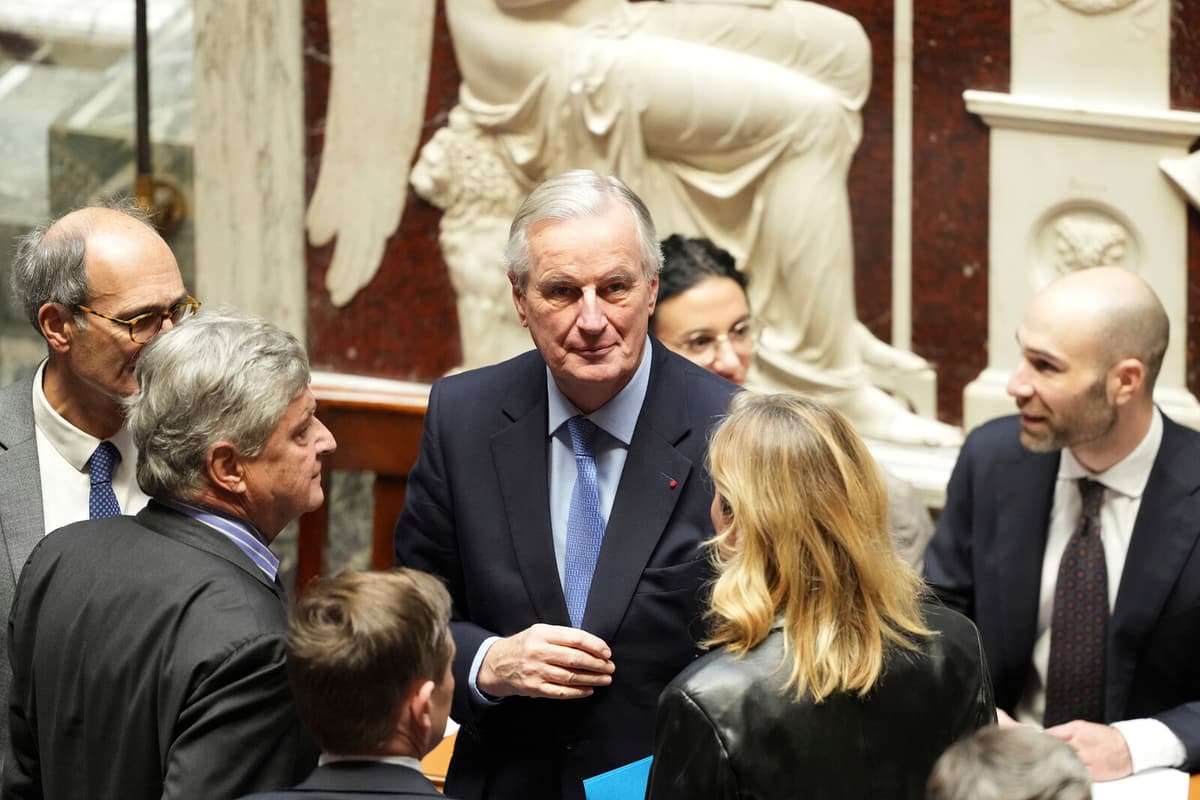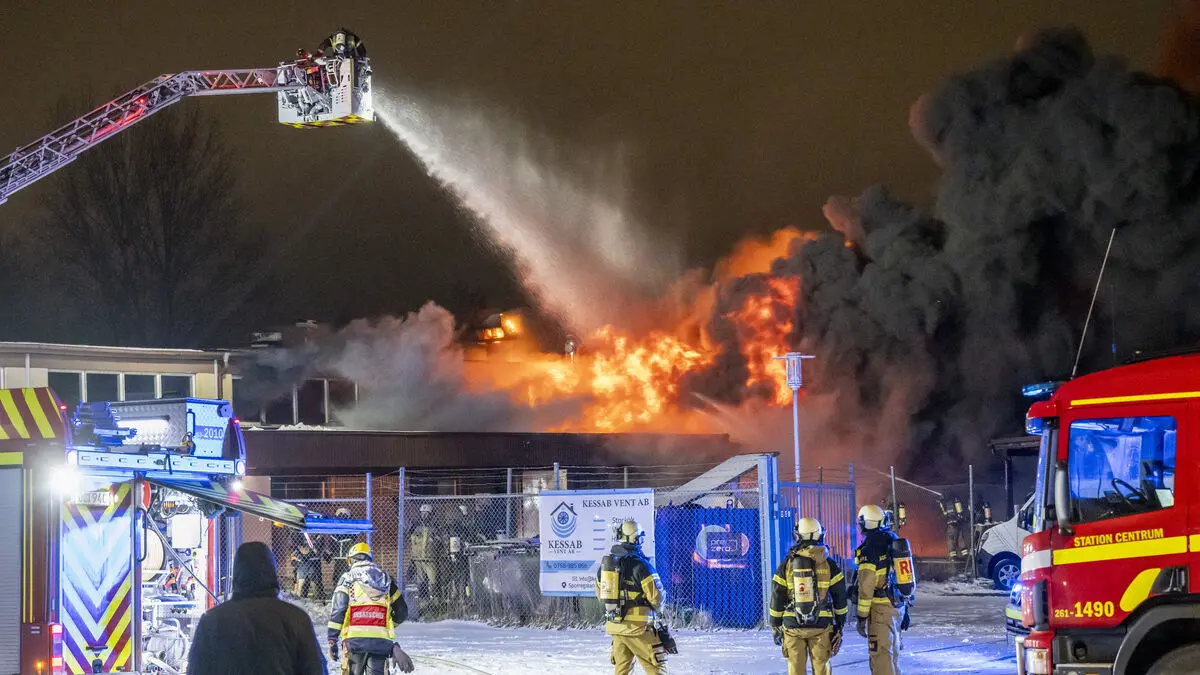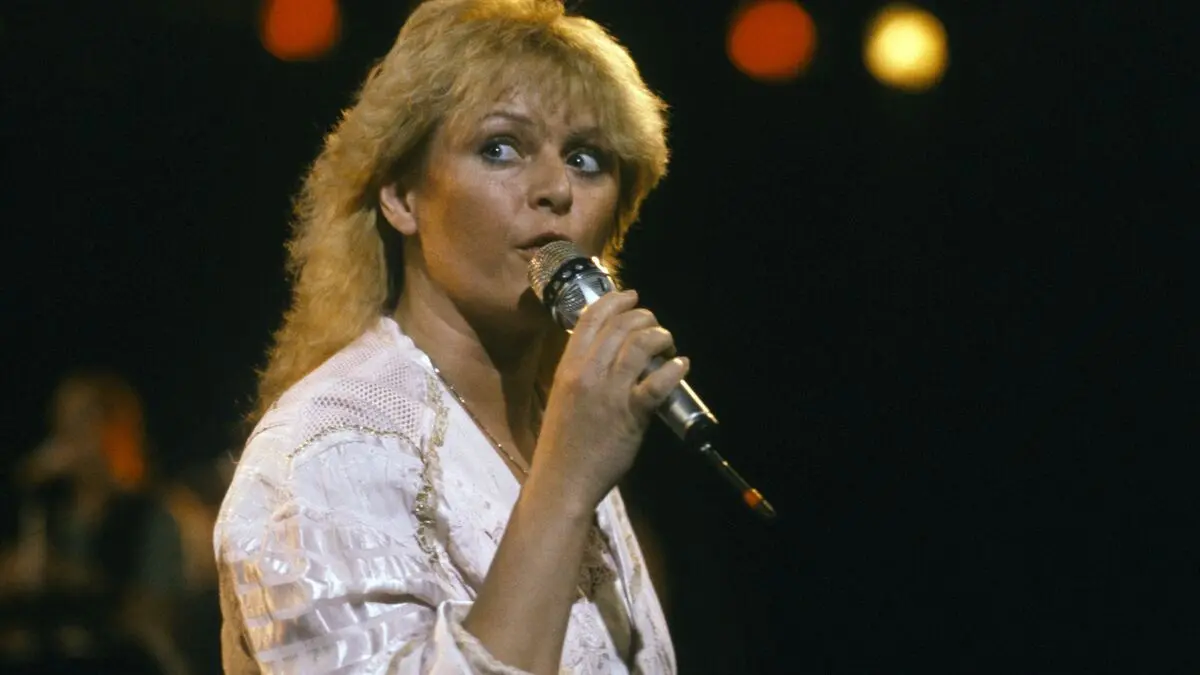The statement where the new Prime Minister is named will be published tomorrow morning, it was announced on Thursday evening.
It has been a week since the French government was toppled by the opposition, and since then Macron has been working to find the country's new leadership.
Maud Bregeon, spokesperson for the outgoing government, has described the President's goal as finding a Prime Minister with a solution that "guarantees stability".
According to Bregeon, Macron has been working with two alternatives.
One is to build on the previous agreement – where Prime Minister Michel Barnier's government has had support from Macron's centrist alliance and the traditional right-wing party Republicans – and try to broaden the cooperation with one or more parties to the left.
The other is to try to reach a compromise with a sufficiently large left-wing group, where it stands outside the government but promises not to topple it.
The President has ruled out talks with the far-right parties National Rally and Unsubmissive France. He has held talks with leaders both to the right and left, but the relatively moderate Socialist Party to the left is likely to be the closest at hand.






